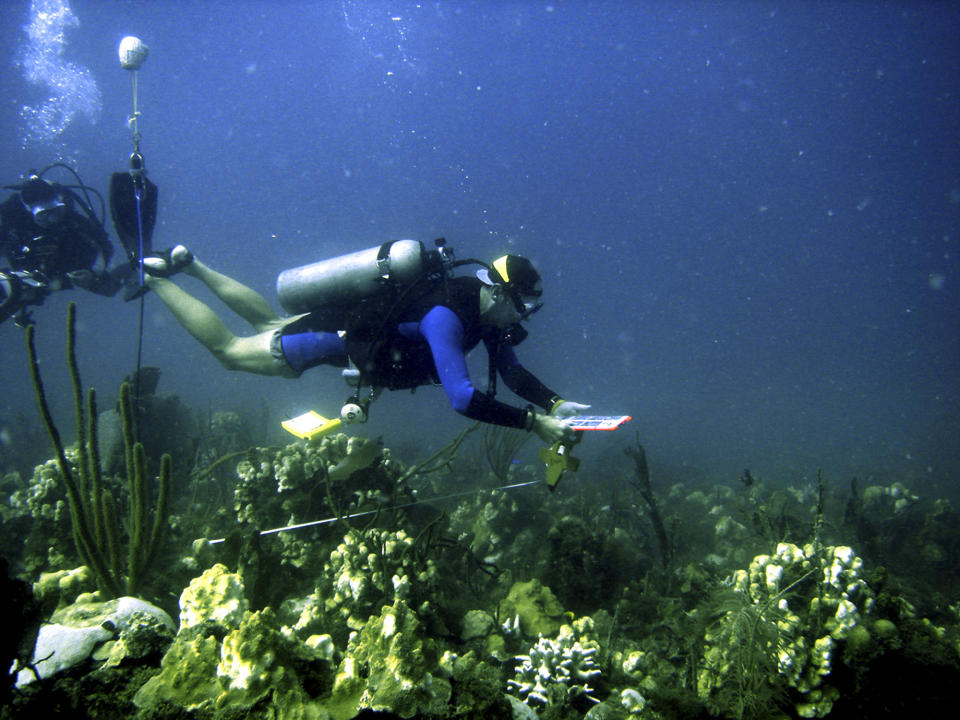 The Lookout
The LookoutCaribbean coral reefs on verge of collapsing: study

Less than 10 percent of the coral reefs in the Caribbean show living coral cover and are on the verge of utter devastation, a new study reported in the Guardian states.
Global warming, pollution and overexploitation are the main causes for the damage to reefs, Carl Gustaf Lundin, a director at the International Union for Conservation of Nature, which published the research, told the British newspaper.
"The major causes of coral decline are well-known and include overfishing, pollution, disease and bleaching caused by rising temperatures resulting from the burning of fossil fuels," Lundin said. "Looking forward, there is an urgent need to immediately and drastically reduce all human impacts if coral reefs and the vitally important fisheries that depend on them are to survive in the decades to come."
Scientists in the study noted that 50 percent of the reef in the 1970s showed coral that were alive and building more reef. The latest survey found that only 8 percent is covered with living coral growth. The scientists also warned that there was no evidence that coral death would be slowing.
Global warming is a big factor with coral reefs, the National Oceanic and Atmospheric Administration points out, as more bleaching and infections break out when temperatures rise. Also more carbon dioxide in the air alters the chemistry of the oceans, and slight changes in acidity could alter the growth rates of coral.
However, ScienceDaily, in reporting the work of researchers of Australia's Great Barrier Reef, quoted Terry Hughes of James Cook University: "The good news is that, rather than experiencing wholesale destruction, many coral reefs will survive climate change by changing the mix of coral species as the ocean warms and becomes more acidic."
So it may be more complicated, but Hughes theorizes different living coral species may become more dominant and that the threat to coral reefs is not as severe.
He did say that local factors like pollution and overfishing also need to be addressed.
The International Coral Reef Initiative noted that damage to the colorful reefs also threatens the livelihoods of 500 million people around the world who live and work near reefs.

